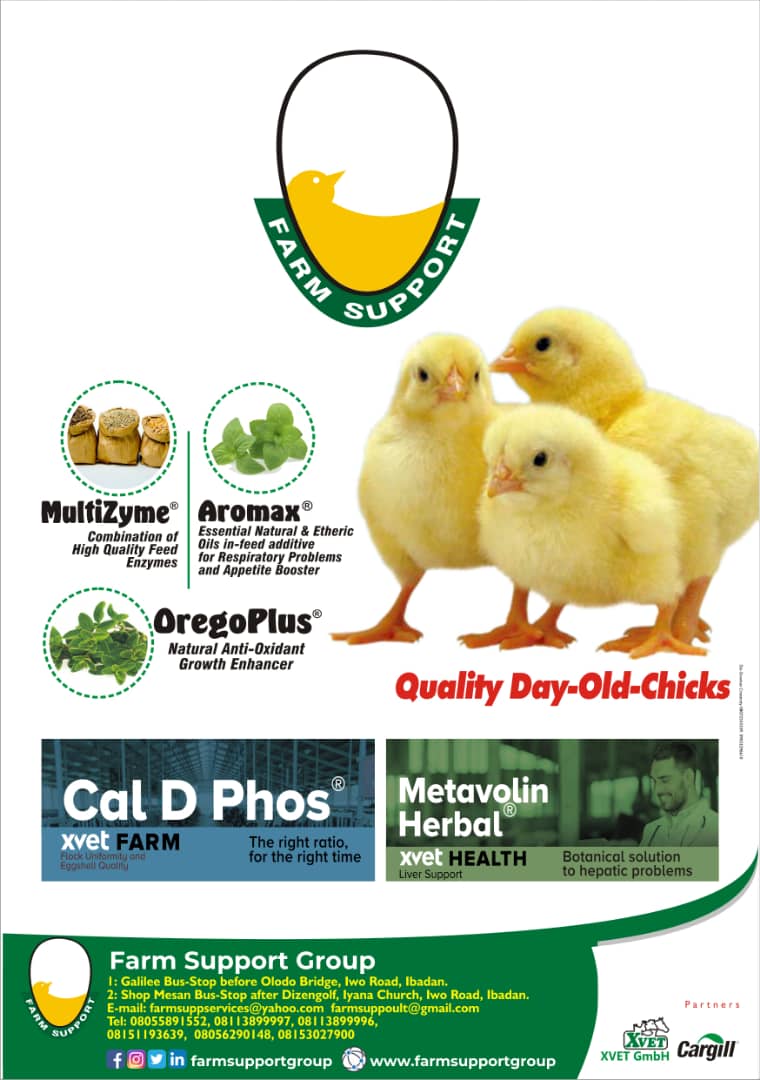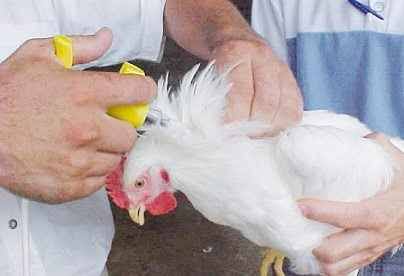16 Comprehensive Ways of Preventing Vaccination Failure
1. Use of local strains of viruses
For maximum immune protection, the local strains of antigens must be used for manufacturing of vaccine. The local disease causing agents of any area are specific targeted pathogens and antigens from local disease outbreaks and provide maximum protection against local disease causing organisms.
 Learn More
Learn More
2. Proper storage and cold chain temperature
Vaccines are to be manufactured in a plant and then after stored and transported to remote areas. Temperature has direct effect on the efficacy of vaccine. The vaccines lose their potency with the passage of time; hence, they require proper cold temperatures to remain stable and viable for long periods of time. The proper storage and cold chain temperature of vaccine is of utmost importance; the vaccines must be stored below 4°C. The storage of food items, chemotherapeutic agents, specimens for pathological examinations, tissue samples for laboratory findings along with vaccine should be avoided. During transportation, the maintenance of cold chain is a challenge for developing countries. A number of factors create hurdles in maintaining cold chain systems including loss of electric power, substandard refrigeration system, overchilling, etc. Moreover, the extra chilling of oil-based vaccines results in crystal formation of adjuvant material of vaccine like aluminum salts, etc. resulting in reduced potency of vaccines. The thermostable vaccines can be stored at 2–8°C and has more significance where cold chain temperature is not maintained and is less expensive [24]. Thermostable vaccines have some resistance to cold and hot environments, while freeze-dried vaccines should be preserved and stored at low temperatures in the refrigerator at 4°C and even during the transport of vaccine the cooling/ice blocks should be used to maintain low temperatures during transportation of vaccine. Freezing and thawing must be avoided. The vaccines must only be brought out of the refrigerator/freezer at the time of use at the farm. The live vaccines in poultry flocks must be used within 2 h of its reconstitution. Once they have been reconstituted, they drop their potency rapidly. The reconstituted vaccines should be used as early as possible and unused vaccines may be stored in the refrigerator for a maximum of 6 h; after that period the vaccines should be discarded.
READ ALSO:: Practical First Week Management of Turkey Poults
The use of thermostable vaccines can be an alternative to overcome the difficulties related to cold chain and storage temperature. The thermostable vaccines can maintain their potency and vaccinal activity for 1 year at 2–8°C and for 3 months up to 28°C in dried form.
3. Avoiding exposure to direct sunlight
Direct exposure of sunlight results in the killing of antigen present in the vial; as a result, the titer of vaccine antigens are reduced in the vaccine and it may become ineffective. During formulation of solution for oral or parental vaccines, direct exposure to sunlight should be avoided and for oral vaccines the cap of the vaccine vial should be opened inside water. The vaccines should be mixed in drinking water in a room or in a shady place; moreover, during the transportation of vaccine, black or colored bags and cartons should be used to prevent sunlight affecting the vaccine.
4. Avoiding use of expired vaccines
The date of expiry mentioned on the vial of vaccine should be checked before opening the vaccine vial. The expired vaccines should be discarded or returned to the manufacturers. At places where vaccines are frequently used, it should be a practice to purchase a fresh stock of vaccines. Some oil-based vaccines have a very narrow range of shelf life of 3–6 months. While some lyophilized live vaccines have longer shelf life of 1–2 years, provided the vaccines are stored at proper temperatures. The use of expired vaccines should be avoided.
READ ALSO: Expert Tips to Scaling Fish Farming Business
5. Use of adjuvant
Adjuvants are substances that are added in the vaccine to increase the bioavailability of vaccine. In the poultry sector, the oral route of vaccination is followed for most of the vaccines. The oral route of vaccine delivery is difficult due to barriers in the gastrointestinal tract. In order to overcome this challenge, the antigen must be protected from such an environment and the immune response must be activated. This challenge can be overcome by the use of adjutants. Adjuvants improve the safety of the vaccine and have a potential effect on inducing mucosal immune response]. The use of adjuvants provides good results for live vaccines. The adjuvants enhance the availability of vaccine and act as a sticking agent for vaccine and the mucous membranes of the body.
6. Use of stabilizers
Stabilizers are substances which are added in a vaccine to increase the shelf life of the vaccine. The stabilizers like Vac-Safe (Intervet), Vital Blue, etc. can be used for oral live vaccines like ND, IBD, IB, etc. of poultry. The skimmed milk at the rate of 2 g/L can also be added as a suitable alternative stabilizer.
7. Following Manufacturer’s guidelines
The company’s manufacturing guidelines provide valuable information regarding vaccine efficacy, usage, storage and route. The guidelines are: (1) open the vaccine vial in water and (2) use one complete vial after opening it. The vaccines must be utilized as early as possible after its reconstitution in diluents, etc. Once the vaccine is reconstituted, the time limit is set. Vaccines must be used within 2 h of their reconstitution during winter and within 1 h of their reconstitution during summer. IB vaccines lose potency after 1 h of their reconstitution, while pox vaccines lose 50% of their potency after 1 h of their reconstitution.
8. Use of immune boosters
There are many substances that have been used in poultry for immune stimulation. Some of them are vitamin E, selenium and levamisole. The selenium supplementation has effect on enhancing humoral immune response in chicks. The selenium supplementation increased natural resistance of increasing response of organisms to antigenic stimuli. The increased humoral antibody titers are observed when selenium is used in feed.
To Be Continued In Part Two















